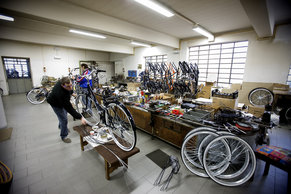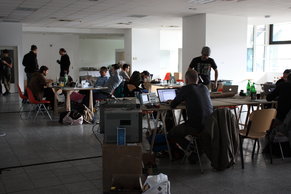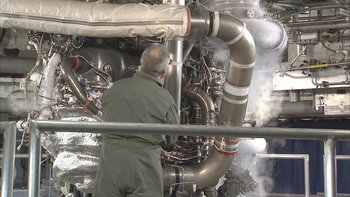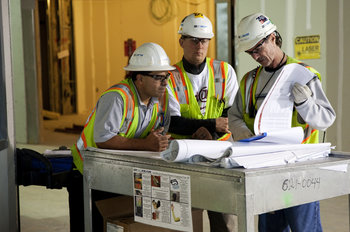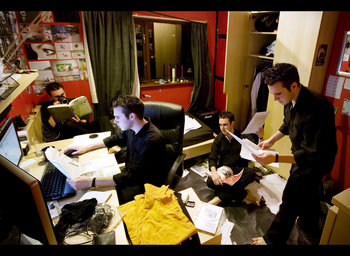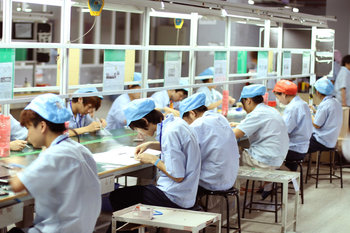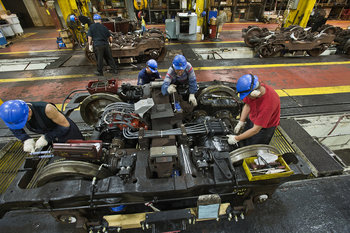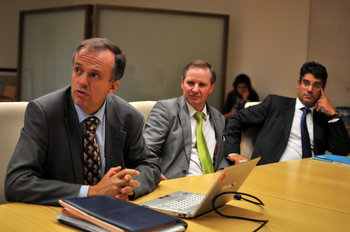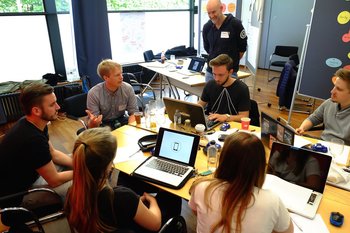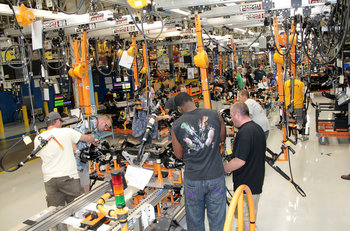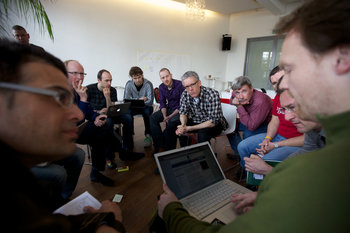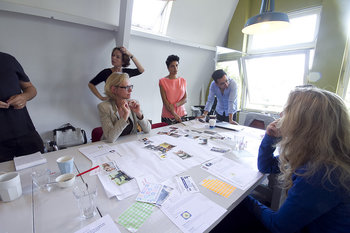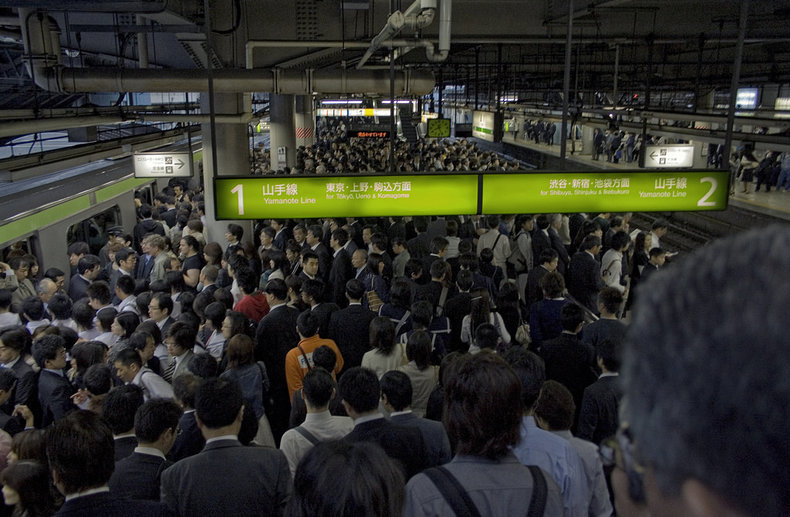
Delegation
A busy manager or executive who doesn’t delegate their authority.
Processes
Processes that wait for a single step with no parallel work that can continue.
Skills
Skill shortages or overreliance on a single talented person.
Equipment
Slow, unreliable or failed equipment.
Performance
Low performing employees or high performing employees that are too busy.
Administration
Red tape, slow approvals and administrative burden.
Capacity
Capacity issues such as a narrow point in a busy road.
Productivity
Low productivity such as manual processes that could be automated.
Workload
Unbalanced workload such as an overworked person or machine.
Demand
Demand surges that exceed capacity such as a lunch time rush at a restaurant that results in long lines.
Supply
Supply shortages or an unreliable supply chain.
Infrastructure
Slow or unreliable infrastructure such as an internet connection.
Tools
Inefficient tools such as software that is slow to use.
Planning
Slow planning, overplanning and under planning.
Decision Making
Avoidance of decisions, slow decisions and unclear decisions.
Failures
Failures such as mistakes and errors that cause more work.
Communication
Slow communication, a lack of communication or miscommunication.
Overhead
Overhead such as pointless meetings that consume much time.
Time Management
Time management issues such as an environment where people are expected to constantly engage in communication with no time to focus on work.
Culture
Corporate culture such as negative office politics, secrecy and a lack of cooperation.
Risk
Risk avoidance and uncertainty avoidance is a common type of delay and bottleneck.
Partners
Overreliance on partners and low performing partners.
Competencies
Things that you can’t do as an organization such as a firm with brilliant engineers but no project managers.
Budget
A lack of financial resources or irrational spending constraints.
Systems
Systems that are overly complex, unreliable, unusable or that don’t align to processes.
Scheduling
Scheduling issues such as a project where some critical person is always on vacation.
Organization
Disorganized processes such as unclear roles and responsibilities.
Detailed Examples
The following are additional examples of bottleneck with slightly more detail.
Approvals
A solar project takes 2 months to construct but waits 4 months for government approval.Manufacturing
A step in the middle of a manufacturing process can handle 10 units an hour when subsequent steps can handle 100 units an hour.Transportation
The bottleneck in a rail system is often station platforms. For example, a dozen train lines might share 4 platforms with trains spaced 90 seconds apart. For this reason, an efficiently managed platform with staff helping people get safely on and off trains can dramatically boost the throughput of a rail system.Network Bottleneck
A slow WIFI router connected to an efficient and high bandwidth network.Communication
A software developer who spends an average 6 hours a day in meetings and 2 hours a day coding.Computing
A system has a fast processor, memory and hard disk but has a unnecessary background process running that is consuming large amounts of resources and slowing the machine down.Business Processes
Customer service representatives at an airline are unable to handle a variety of situations without getting approval from a manger. Managers are often busy meaning that representatives and customers are often left waiting.| Overview: Bottleneck | ||
Type | ||
Definition | A limiting factor that significantly reduces the efficiency, productivity or speed of a process, system, procedure or project. | |
Related Concepts | ||


